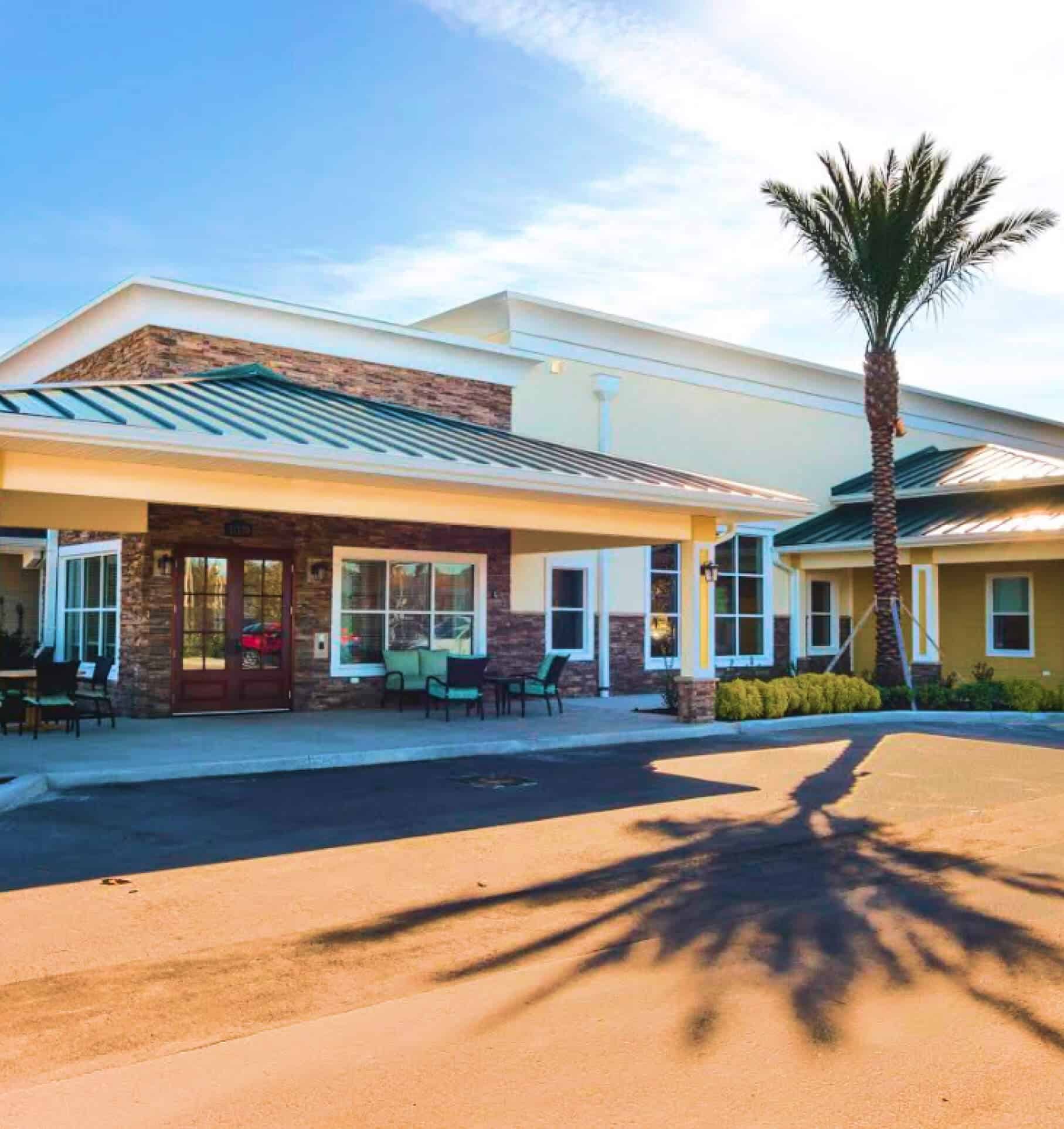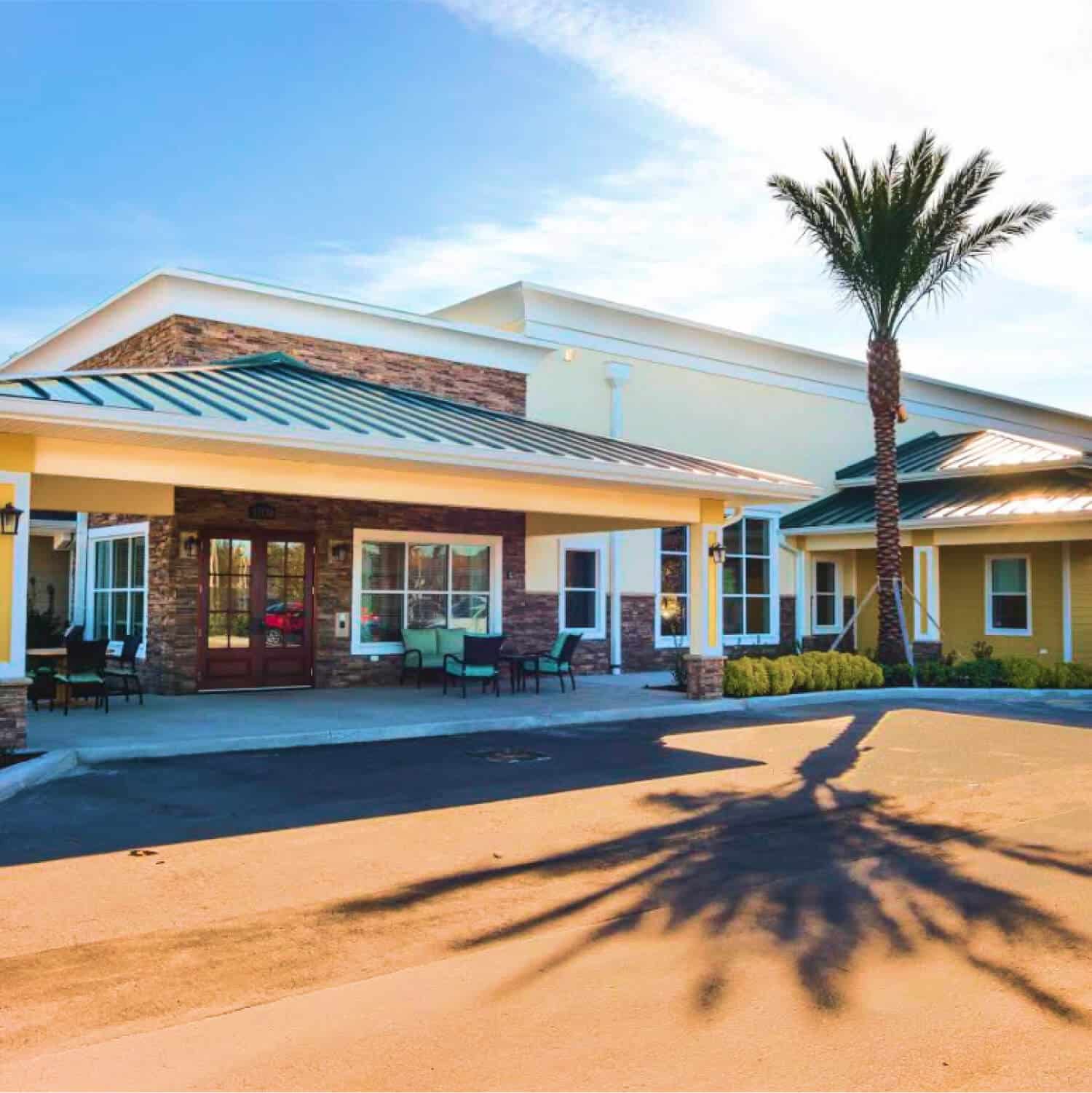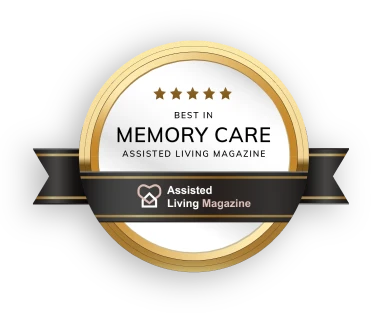Lifestyle has a large impact on our overall body and behaviors. Knowledge is power when it comes to knowing how to manage important lifestyle factors that may increase your chances of experiencing depression and anxiety.
For example, research shows that people who stay socially and physically engaged tend to be less depressed and have less anxiety. Furthermore, lifestyle changes such as improving your diet and increasing intellectual stimulation have been proven to help manage depression and anxiety as well as boost cognitive functions.
Yes, life can be stressful; however, how we respond to that stress is what impacts our bodies and minds. Chronic stress on the body may increase the stress hormone cortisol and affect your brain’s ability to function normally. Some research indicates that it increases your risk for many health-related disorders, including.
Try to keep SPIN’ing (Social Wellness, Physical Wellness, Intellectual Wellness, and Nutritional Wellness). SPIN is our model for optimal wellness.
Social Wellness: Research shows that social connection stimulates the brain in a way that fosters cognitive and emotional stability. Remaining socially engaged will foster new friendships and a sense of belonging by becoming actively involved with the community.
Physical Wellness: Recent research shows that physical wellness slows down the signs and symptoms of memory loss by stimulating the brain. Daily physical activity releases endorphins – happiness hormones — and stimulates more energy throughout the day.
Intellectual Wellness: Intellectual stimulation has been scientifically proven to foster changes in the brain, which helps reduce age-related and dementia-related decline.
Nutritional Wellness: We are what we eat! Research has shown that a diet built of ingredients known to support brain health such as fresh fruits, vegetables, key spices, and lean protein sources can slow cognitive decline substantially and improve an individual’s independence with the activities of daily living.
By Joshua Freitas, M.Ed., BC-DEd, CAEd; Vice President of Program Development








